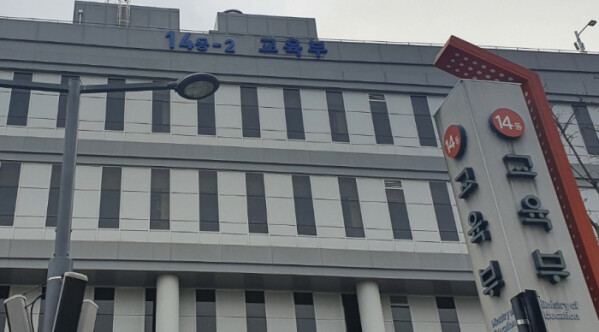
Seoul, South Korea – The South Korean government has announced a major investment in university-based research institutes to foster world-class, innovative research in science and technology. Over the next 10 years, the government will invest approximately ₩1 trillion (about $760 million USD) in selected institutes.
The initiative, known as the National Research Lab 2.0 (NRL2.0) project, aims to create large-scale research hubs within universities. It will encourage interdisciplinary collaboration and strengthen research competitiveness. The Ministry of Science and ICT and the Ministry of Education finalized and announced the basic plan for the NRL2.0 project on February 10th.
This project is a successor to the National Designated Research Lab (NRL) project, which ran for about 10 years starting in 1999 and supported over 400 university research labs. However, NRL2.0 will focus on supporting research institutes with 30 or more members, rather than individual labs.
Currently, most university research in South Korea is conducted in small-scale labs with fewer than five members due to fragmented support from various ministries. This contrasts with leading universities in other countries that operate large, interdisciplinary research centers to enhance their research capabilities. The government cited the University of Tokyo's Institute for Mathematics and Theoretical Physics, which grew into an international research center with support from Japan's World Premier International Research Center Initiative, as a prime example.
Under the NRL2.0 project, the government plans to select 12 university research institutes between 2025 and 2027, providing each with approximately ₩10 billion annually for 10 years. Four institutes will be selected in 2025. The call for new projects will be open until the end of April, with the selection process to be completed by September. Both existing and new research institutes are eligible to apply, and there are no restrictions on research fields.
Selected institutes will receive funding in a package-type block grant, allowing them flexibility in allocating resources for research expenses, personnel, and equipment. However, the selected institutes must operate as directly affiliated research institutes under the university headquarters and will be subject to evaluations every three to four years.
"Enhancing the research competitiveness of universities, the forefront of advanced research, is a very urgent task for the country," said Minister of Science and ICT, Ms. Yushang Im. "Just as the previous National Designated Research Lab project greatly contributed to expanding the research ecosystem in Korean universities, we expect the newly launched National Research Lab project to serve as a catalyst for enhancing universities' research capabilities and establishing a leading research system."
This initiative is expected to significantly boost South Korea's scientific research and development capabilities, fostering innovation and contributing to the country's long-term economic growth.
[Copyright (c) Global Economic Times. All Rights Reserved.]



























